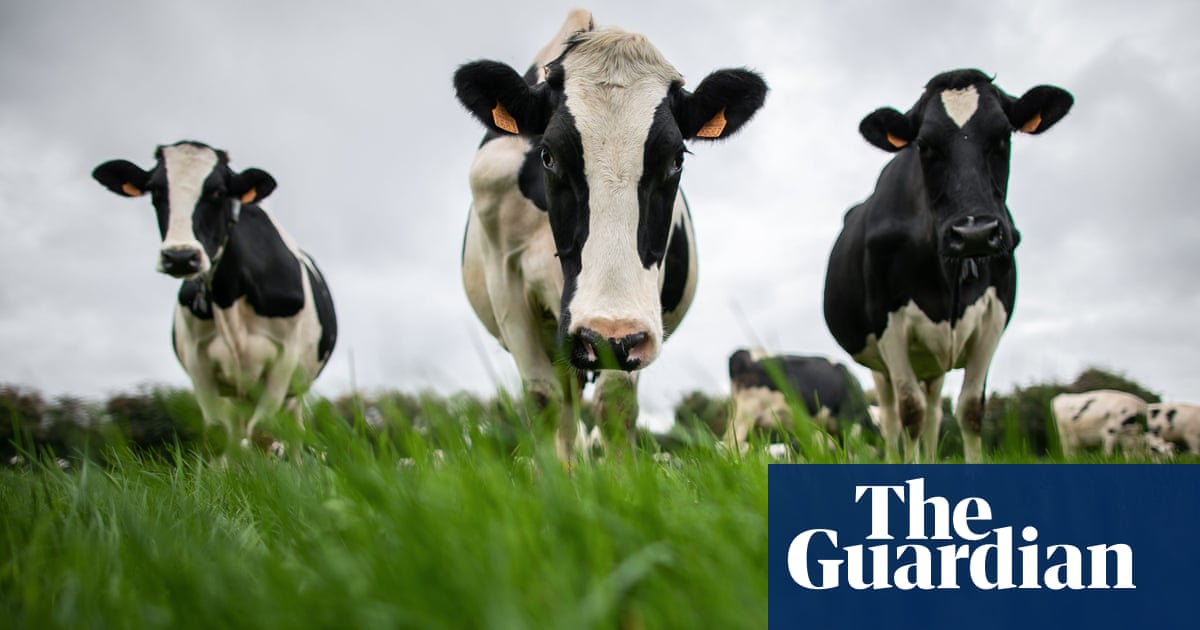The majority of UK dairy farms are breaking pollution rules, with vast amounts of cow manure being spilled into rivers.
When animal waste enters the river, it causes a buildup of the nutrients found in the effluent, such as nitrates and phosphates. These cause algal blooms, which deplete the waterway of oxygen and block sunlight, choking fish and other aquatic life.
Sixty nine per cent of the 2,475 English dairy farms inspected by the Environment Agency between 2020 and 2021 were in breach of environmental regulations, according to new data released under freedom of information laws.
And we all pay for this. Not in some vague, notional sense: a substantial chunk of your water bill literally goes towards cleaning up after farmers
Don’t forget the massive subsidies from your taxes that go to the dairy industry.
This is the best summary I could come up with:
The majority of UK dairy farms are breaking pollution rules, with vast amounts of cow manure being spilled into rivers.
Sixty nine per cent of the 2,475 English dairy farms inspected by the Environment Agency between 2020 and 2021 were in breach of environmental regulations, according to new data released under freedom of information laws.
Campaigners have linked this pollution scandal to that caused by the sewage crisis because it also involves ageing infrastructure and intensification of effluent discharges.
They say that pricing pressures from supermarkets, where farmers are offered very little for milk, have caused producers to intensify their production by increasing the number of cows they keep.
River Action has asked the devolved national bodies responsible to expand and extend existing grant schemes to improve the infrastructure for slurry management.
The Department for Environment, Food and Rural Affairs said: “We have set ambitious legally binding targets to reduce water pollution from agriculture and are taking wide-ranging action to clean up our waterways.
The original article contains 532 words, the summary contains 164 words. Saved 69%. I’m a bot and I’m open source!




